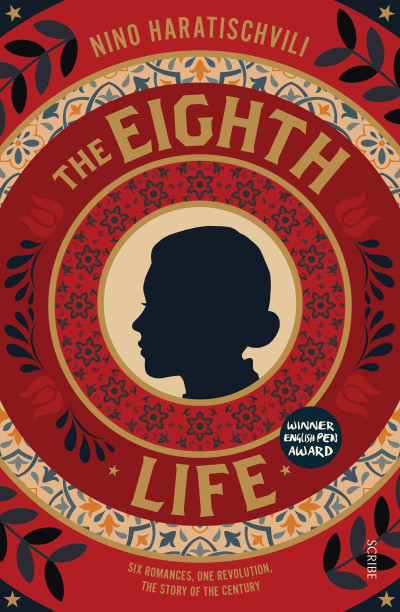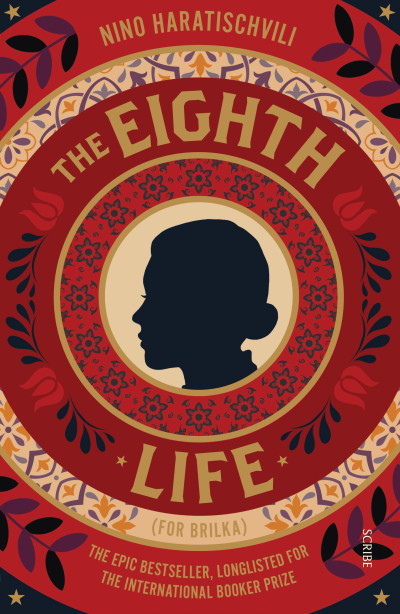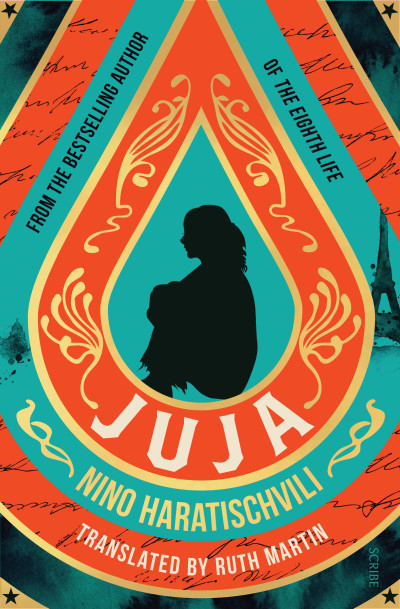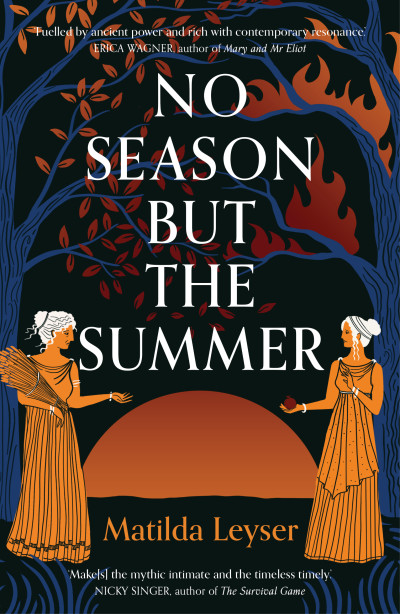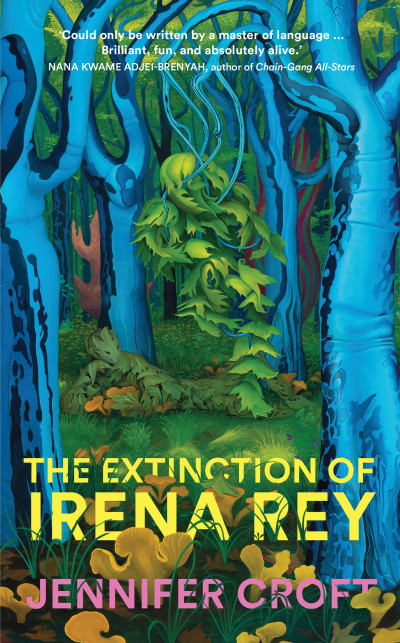‘A beautifully written, complex love story … the modern twists and complexities are so interesting and told with forthright energy and compassion.’
Adele Parks, Platinum Magazine
‘Beautifully written … irresistible intensity and pace.’
Brid Conroy, Mayo News
Praise from readers:
‘It’s deep, thought provoking, and it sparked multiple emotions whilst reading.’
‘The beauty in the rawness, bluntness and gritty emotions that are uncovered throughout. The comfortable and the uncomfortable. The breaking of identity.’
‘My Soul Twin has an undeniable power and strong ideas … an affecting work, examining love, guilt and overcoming trauma through a couple’s touching need to heal their broken childhood.’
The Herald
‘My Soul Twin is full of life and energy, authentic and to the point.’
Welt online
‘A love affair like a suicide commando. A novel like a gathering place for the world’s tears.’
Kulturspiegel
Praise for The Eighth Life:
‘Something rather extraordinary happened. The world fell away and I fell, wholly, happily, into the book … My breath caught in my throat, tears nestled in my lashes … devastatingly brilliant.’
Wendell Steavenson, The New York Times Book Review
Praise for The Eighth Life:
‘The Eighth Life… is a lavish banquet of family stories that can, for all their sorrows, be devoured with gluttonous delight. Nino Haratischvili’s characters … come to exuberant life. Her huge novel … shows a double face, its crushing pain and loss nonetheless conveyed with an artful storyteller’s sheer joy in her craft.’
Boyd Tonkin, The Financial Times
Praise for The Eighth Life:
‘Georgia, a picturesque nation squeezed between the Caucasus Mountains and the Black Sea, was once considered a wine-soaked playground for the Soviet upper crust. This multigenerational epic, framed as a gift from the embittered narrator, Niza, to her wayward niece, provides a more nuanced view. It begins with Niza’s bourgeois great-grandmother, whose dream of becoming a ballerina is derailed by Lenin’s revolution. Her descendants are likewise transformed by upheavals of the twentieth century: Stalinist purges, the Second World War, the Prague Spring, Georgia’s independence, and the subsequent civil war. Through these events, the novel offers not only a critique of Soviet and Russian imperial ambitions but a necessary reappraisal of Georgian history.’
The New Yorker


